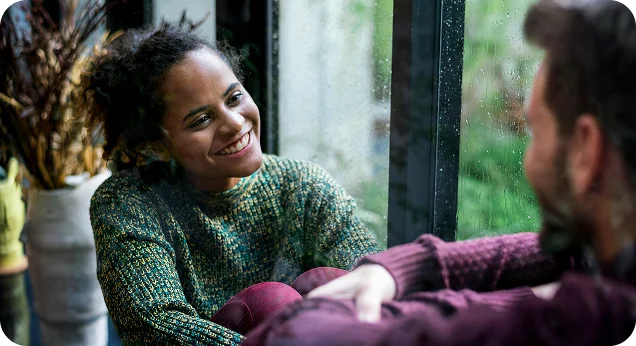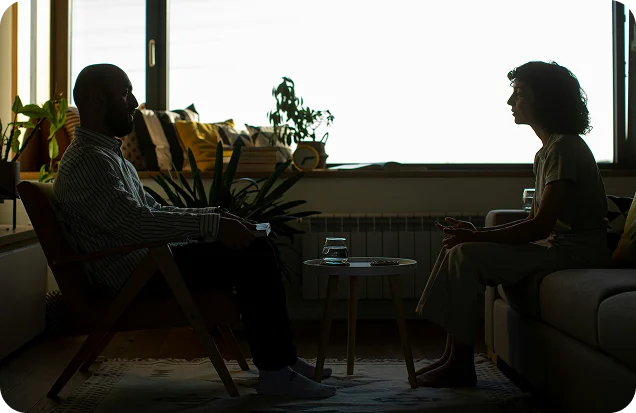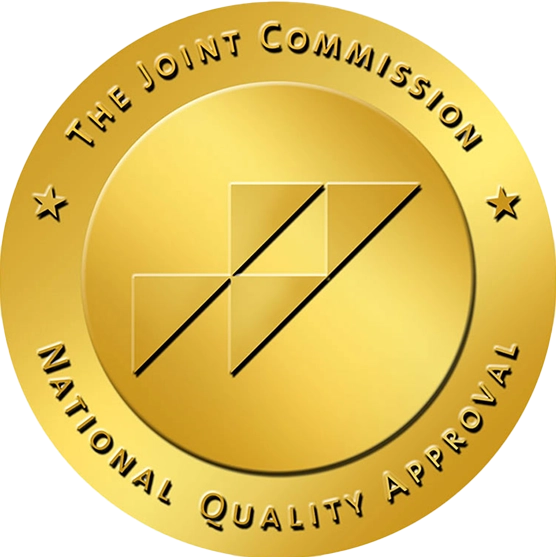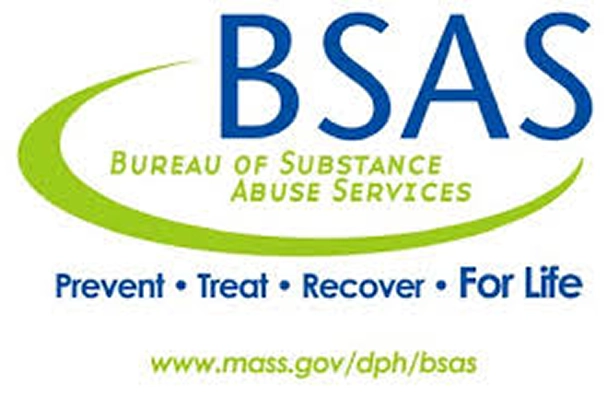What Is CBT Therapy?
Cognitive-behavioral therapy helps you notice negative thinking habits. You learn practical tools to retrain your brain to question automatic worst-case-scenario thoughts, then practice responding differently. This goal-oriented therapeutic approach is one of the most researched and widely used therapies for both mental health and substance use disorders.

Why Choose Rebuilding Mental Health for CBT
Relational Care
Heal with guidance from our licensed therapists who use a whole-person approach.
Dual Diagnosis Expertise
Mental health and substance use are treated together in a comprehensive treatment plan.
Proven Results
Evidence-based CBT combined with DBT, trauma care, and holistic approaches for long-term change.
Personalized Plans
Your CBT therapy adapts to your goals and progress, not a rigid one-size-fits-all schedule.
Family Involvement
Loved ones are invited to participate in therapy sessions and help build a strong support system.
Concierge-Style Service
Responsive, attentive support ensures you receive the help you need at each step of treatment.
How CBT Fits Into Our Programs
CBT typically forms part of a larger treatment plan, as lasting change happens when you practice new skills across different settings. It can be included at different stages of recovery:
Day Treatment
An intensive Day Treatment program is suited for people who need strong structure. You’ll attend groups, individual sessions, and skills-based work focused on attention, organization, and emotional regulation.
Half-Day Treatment
For a step down, you can attend Half-Day Treatment sessions. This offers hands-on ADHD therapy and skills training in shorter blocks, allowing you to maintain a balance between work, classes, and family life.
Virtual Treatment
Using secure Zoom video calls, you can take part in Virtual Treatment. You’ll connect with clinicians, learn skills, and get support from home when in-person care isn’t a practical option for you.

How Cognitive-Behavioral Therapy Techniques Help
At Rebuilding, CBT is part of every level of care. Working with a licensed CBT therapist near South Easton, MA, gives you expert guidance tailored to your needs. You’ll build practical skills to manage triggers, reduce cravings, and strengthen daily coping strategies.
CBT Skills You'll Learn
- Break overwhelming problems into digestible steps
- Catch negative thoughts before they take over
- Test whether your thoughts match your reality
- Build pleasant activities back into your routine
- Manage difficult emotions without avoidance
- Create action plans for triggering situations
CBT vs. DBT
Cognitive-behavioral therapy focuses on changing how you think and behave. Dialectical behavior therapy, on the other hand, teaches skills for handling intense emotions in crisis moments. Most people benefit from both approaches, which is why we offer them together in our programs.
Conditions We Treat With CBT
At our center, we treat:
Attention-Deficit/Hyperactivity Disorder
CBT helps you create better organization systems and manage impulsive reactions.
Anxiety Disorders: You’ll learn to challenge anxious predictions and gradually face situations you tend to avoid.
Depressive Disorders: Learn to interrupt negative thinking cycles and reconnect with meaningful activities.
Mood Disorders: You’ll recognize early warning signs and develop prevention strategies using CBT techniques.
Obsessive-Compulsive Disorder: CBT with exposure therapy reduces the hold of intrusive thoughts and compulsions.
Post-Traumatic Stress Disorder: Trauma-focused CBT helps you process difficult memories without becoming overwhelmed.
Testimonials and Success Stories
I love this place the people that work there are the nicest people in the world!
C.M.
Verified Patient
After trying numerous outpatient programs I felt that could not “get it” or get sober.
L.C
Verified Patient
Highly Recommend !! Rebuilding's Evening Outpatient Intensive Program provided me with the best way to begin my Sobriety.
M.K
Verified Patient
How to Get Started
Getting started with Rebuilding Mental Health is a clear, supportive process.
Call for a free consultation. We’ll talk through your goals and verify your insurance.
Complete an assessment. You’ll attend an in-person or virtual meeting to discuss your needs.
Start tailored treatment. With our guidance, you’ll go through CBT and other proven therapies.
Step down as you progress. Our team helps you transition to lower levels of care when you’re ready.
Insurance Providers
Most major out-of-network insurance plans cover cognitive-behavioral therapy as part of mental health services. Our admissions team will verify your benefits and review payment options.

Ready to Rebuild?
If you’re ready to change how you respond to challenging thoughts and situations, CBT provides the structure and skills you need. At Rebuilding Mental Health, we combine it with other proven approaches to fit where you are in your wellness journey.
Ready to Rebuild?
FAQs
What is CBT used for?
CBT treats anxiety, depression, trauma responses, and persistent negative thinking patterns. It teaches practical skills for handling stress and triggers more effectively.
Is CBT offered in all programs at Rebuilding?
Yes. CBT is integrated into our full-day, half-day, and virtual programs. Family members can also learn CBT principles through our family therapy sessions.
How does CBT compare to DBT?
Cognitive-behavioral therapy focuses on changing thoughts and behaviors, while DBT teaches emotional regulation for intense moments. We often combine both approaches for comprehensive results.
Can I do CBT virtually?
Absolutely. Virtual cognitive-behavioral therapy sessions provide the same mental health benefits as in-person treatment through secure video platforms.
Does insurance cover CBT therapy?
Coverage varies since we’re out-of-network providers. We’ll help you understand your specific benefits and explore payment options that work for you.
Mental Health Resources

You might notice your college student is more focused on odds than homework, glued to their phone during games, or suddenly short on cash. At first, sports betting can sound

Many veterans carry stress that lingers long after service ends. Memories, pressure, and loss can follow them home, shaping daily life in ways that feel hard to explain. A strong

Living with bipolar disorder means dealing with mood swings that can feel like they’re controlling your life. One week, you may struggle to get out of bed. The next one,



